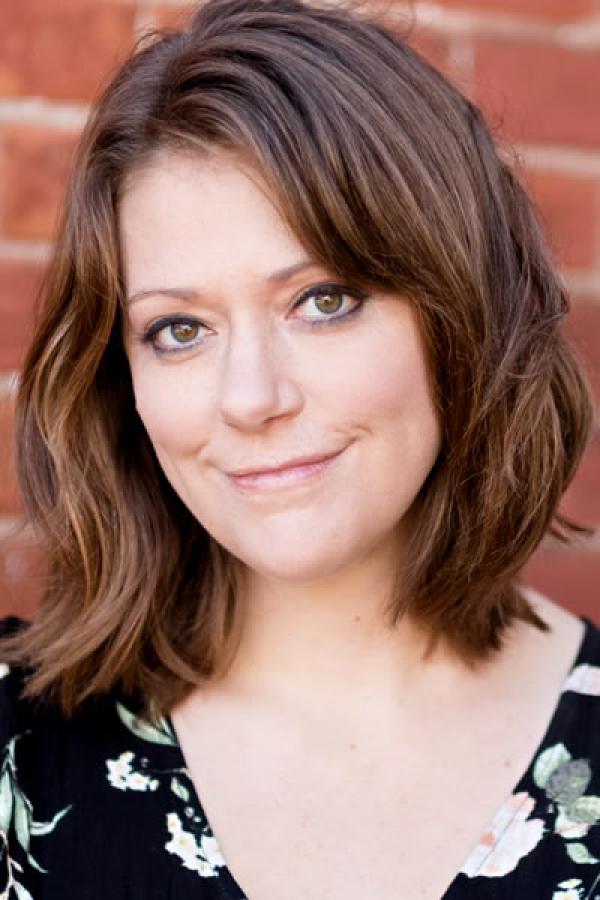Renée Branum

Photo by Alyssa Konermann
Bio
Renée Branum’s stories and essays have appeared in several publications, including the Georgia Review, Narrative Magazine, Guernica, the Gettysburg Review, Boulevard, Alaska Quarterly Review, and Lit Hub. Her story “As the Sparks Fly Upward” was recently included in Best American Nonrequired Reading’s 2019 anthology. She has earned MFAs in fiction from the Iowa Writers’ Workshop and nonfiction from the University of Montana. Her work has received first prize recognition in the Los Angeles Review’s Fall 2016 Nonfiction Contest and the Florida Review’s 2017 Editors’ Awards. She currently lives in Cincinnati where she is pursuing a PhD in fiction writing and working on her first novel.
We all have stories that have changed us, that resonate deeply, that alter the way our lives take shape around them. I’ve come to refer to these stories as “lightning narratives,” a term I use to describe the moments in which a life can be irrevocably split into a before and an after. I believe that the narratives one person tells to another have the power to transform the listener in the space of an instant. I have always felt driven by this transformative element in storytelling— how language provides a space for stories that are intimately close to speak to ones that are far removed, to illuminate and expose our own narrative interiors.
I now have to count the moment in which Katy Day from the National Endowment for the Arts called among my own personal “lightning narratives.” Before that phone call, I was deep in the throes of a busy semester teaching and completing course work toward the fulfillment of my PhD. Afterward, I was still in the midst of that same semester, but I was given renewed energy, purpose, and immense validation in seeking to give voice and shape to my own writing. The story that the NEA offered me during that phone call was that my work was seen, heard, believed in. That is a powerful gift. Hearing this story from Katy about how my work was received has been formative in my relationship to my writing, to myself, to my day-to-day strivings and struggles.
Writing is for me, and for so many others, an act of survival. It is a balancing act between what is known and what is unknowable, an investigation of the concurrence between truth and magic. The gift that the NEA grant offers me is one of full immersion in the work that I strive to devote my entire sense of self to. I’ve been given a space to seek, to grow, to develop, and discover—to write what is in me to write. That writing a novel requires time, this is true. That it requires great focus and energy—this is also true. My writing is not unique in this; it needs time, concentration, stimulation in order to exist at all. But what an NEA grant offers is not merely a space for my work to exist, but for it to become the best version of itself. I can think of no greater gift.

